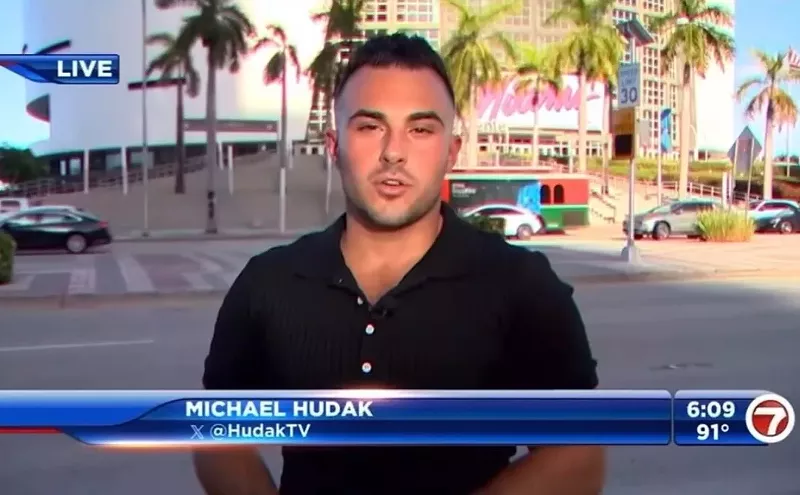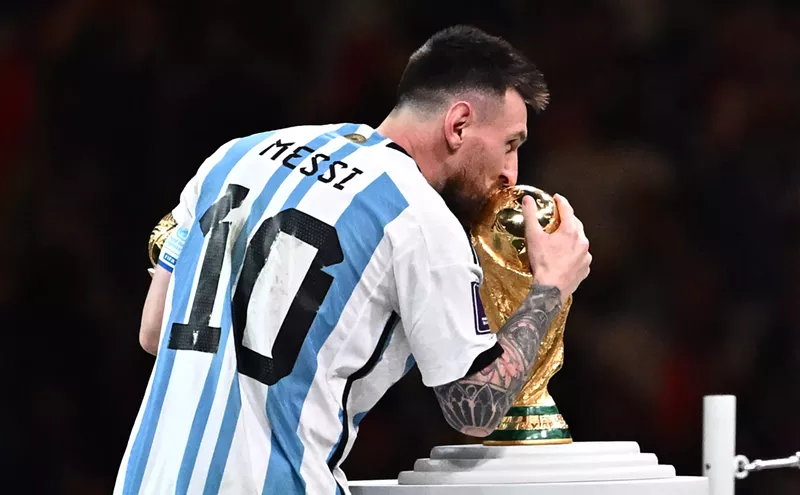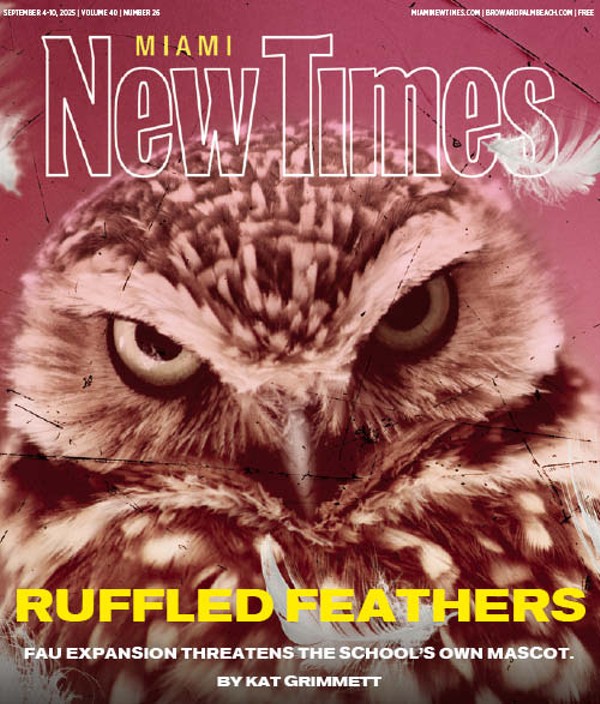A native of Granada, Lorca incorporated Andalusian folk poetry and music, Spanish romance, and Gypsy ballads into his poetry and drama. Upon returning to Spain after his theatrical group's successful tour of South America, Lorca settled in Madrid and devoted himself primarily to drama. As tensions mounted near the outbreak of civil war, Lorca returned to Granada, where in August 1936 he was captured and shot by Falangist soldiers. His death seems to have been a private murder committed behind the smoke screen of war.
During Lorca's time in Madrid, his plays turned from lighthearted to weighty, the latter mostly concerned with frustrated love. The Disappearance of Garcia Lorca begins in 1934 at a production of his tragedy Yerma. A boy, Ricardo Fernandez (Naim Thomas), attends the play with his family and his best friend, Jorge Aguirre (Gonzalo Penche). Though civil war roils across the country, the teenagers occupy themselves with the mesmerizing poetry and plays of their idol Lorca (Andy Garcia). At the premiere of the expressionistic play, Ricardo's admiration swells when the poet autographs his book and whispers, "Don't forget me."
After returning to Granada, the devotees learn that their idol has returned to his hometown, and the two scurry off to see him. That very night the nationalist rebellion overtakes the city, resulting in the inadvertent death of Jorge, a death for which Ricardo blames himself.
Eighteen years later Ricardo (Esai Morales), now a journalist working in Puerto Rico, remains obsessed by the traumatic events of the Spanish Civil War. He's particularly obsessed with the murders of the beloved poet and Jorge. In the thick of writing a book about Lorca, a book that he can't finish until he discovers the truth, Ricardo returns to Spain. The film intercuts Ricardo's pursuit of the truth during 1954 with a fictionalized account of Lorca's death eighteen years before.
Franco's Spain, however, suppresses any intimations of the immediate past, especially the events that engendered the fascist state. Further, enemies of the poet, such as the ominous Centeno (Miguel Ferrer), still survive; their interests in obfuscation thwart Ricardo's efforts. Though Ricardo faces sinister warnings, threats, beatings, and imprisonment, none of these impediments comes across as being particularly threatening or dramatic.
Nevertheless, Ricardo doggedly continues, accompanied by a taxi driver (Giancarlo Giannini) who offers to drive him around and protect him. Ricardo revisits Jorge's childhood home, where he encounters Jorge's sister Maria Eugenia (Marcela Walerstein) -- who, he does not fail to notice, has grown into quite a looker -- and Jorge's father, the genteel Colonel Aguirre (Jeroen Krabbe). The colonel keeps a
suspicious Ricardo from the military laurels in the library, but Maria Eugenia agrees to assist Ricardo in his search, directing him to some of the key figures of Lorca's final hours.
Ricardo runs into the sinister Centeno, as well as Nestor Gonzalez (Jose Coronado), who hid Lorca before his capture but refuses to discuss the circumstances. Centeno's henchmen perpetrate more unconvincing violence and urge Ricardo to leave the country. A local Gypsy's divulgence of the last person to see Lorca alive, a bullfighter named Gabino (Emilio Munoz), however, renews Ricardo's zeal. Aguirre arrests him on trumped-up charges and incarcerates him.
A few short frames later Ricardo somehow manages to set out for the final hurrah -- a meeting with the bullfighter. Centeno's henchmen shadow, intimidate, and pummel him. Maria Eugenia and the taxi driver arrive in the nick of time and whisk him away. The film culminates with a confrontation among the parties at the bullfighting arena, where Ricardo lances at Centeno, Aguirre, and the elusive truth while the bullfighter performs his ritual ballet. Ricardo symbolically fires a gun (not at the suspected murderers but at the ceiling), then feels free to return to Puerto Rico, involve himself romantically with a woman, and live his life with equanimity.
Ricardo's digging seems compelled by the film's Freudian sexual subtext and not by the ostensible historical dramas on the film's surface. When Ricardo admits that by searching for the truth of his idol's demise he hopes to recoup a lost part of himself, little does he realize that the key he ultimately finds is a post-Oedipal awareness of sexual difference. Put that in your fountain pen and see what it writes.
The film suffers throughout from a lack of realism and intensity. The problem arises not just during the poorly staged fight scenes but also in the indifference of the actors playing the two key figures, Morales and Garcia. Morales so overplays the naive sincerity of his character -- his guileless Ricardo is a sort of Clark Kent by way of Dean Cain -- that he undermines the very sympathy he aims to evince.
Even more problematic is Garcia's portrayal of Lorca. He leans so exclusively on the poet's dignity in the face of adversity that it becomes almost incomprehensible why officials would find him dangerous. He isn't a fervent enough republican, artist, or even individual to pose any threat to the state. The real Lorca spoke out publicly against the Nazi persecution of German writers, belonged to two anti-fascist organizations, and flaunted his homosexuality. Garcia's aloof Lorca gallantly defends his friends, for instance, but hardly puts up a struggle when Centeno, the same fascist he had expelled from the theater for disrupting his play earlier in the movie, finally nabs him.
One of the screenwriters, Neil Cohen, says he aimed to emulate Costa-Gravas's Z in its use of a politically charged setting that underscores a suspense-thriller narrative. His film not only lacks the frisson of Costa-Gravas, it also sadly lacks the gusto of its subject. Lorca drew inspiration from flamenco, the exotic idiom of Andalusian Gypsies; the music's captivating romance helped shape the nation's aesthetic. Plaintive and impassioned, flamenco relies on the magical interpretive power of the duende (evil spirit), a parallel to the divine spirit of an artist. While the film's settings capture some of that essence, its story and principal actors fail to beguile.
The Disappearance of Garcia Lorca.
Written by Marcos Zurinaga, Juan Antonio, and Neil Cohen; directed by Marcos Zurinaga; with Andy Garcia, Esai Morales, Edward James Olmos, Giancarlo Giannini, and Miguel Ferrer.








